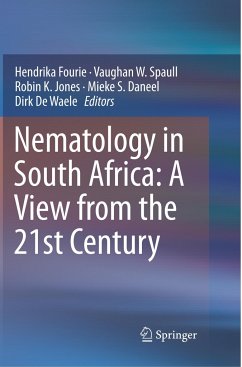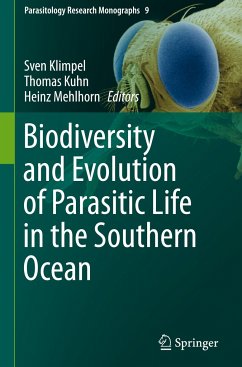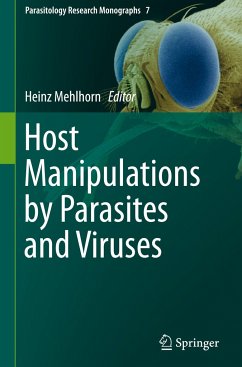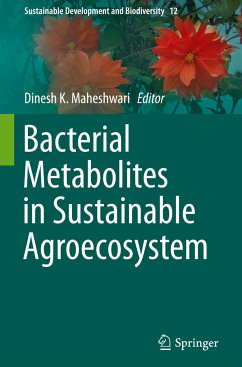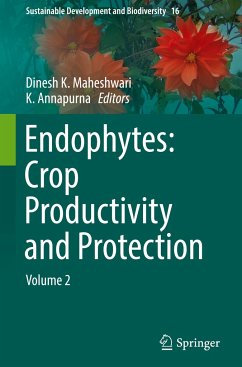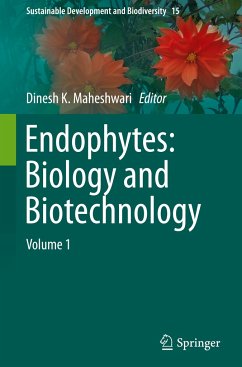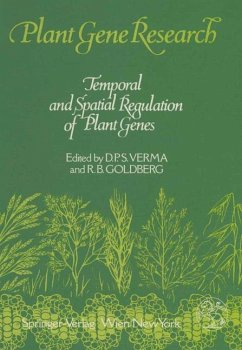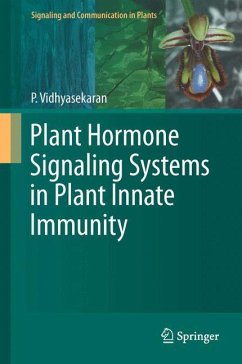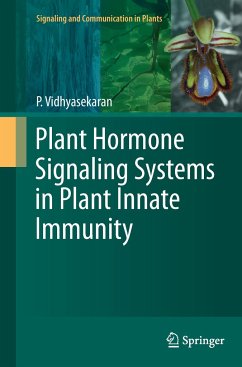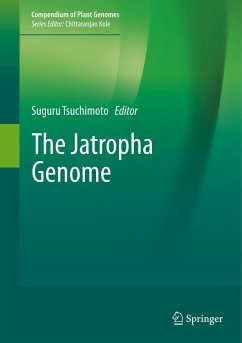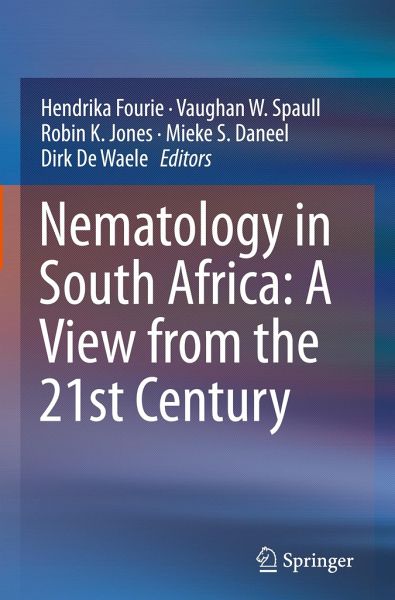
Nematology in South Africa: A View from the 21st Century

PAYBACK Punkte
88 °P sammeln!
This unique book contains not only a comprehensive up-to-date summary of the achievements made in all areas of Nematology in South Africa over more than half a century, but it also combines this rather technical part with an insiders narrative of how Nematology started and developed. It also demonstrates how the South African community of nematologists gradually adapted to major changes in agriculture. These were due to a major political shift followed by socio-economic changes and this in an often challenging natural environment. At the same time this book is conceived as a useful source for ...
This unique book contains not only a comprehensive up-to-date summary of the achievements made in all areas of Nematology in South Africa over more than half a century, but it also combines this rather technical part with an insiders narrative of how Nematology started and developed. It also demonstrates how the South African community of nematologists gradually adapted to major changes in agriculture. These were due to a major political shift followed by socio-economic changes and this in an often challenging natural environment. At the same time this book is conceived as a useful source for young scientists to provide them with practical knowledge and critical insight in the field of Nematology. The information given is based primarily on research conducted by nematologists in South Africa. Most of this research was aimed at finding workable solutions for nematological problems confronted by both large-scale commercial producers and smallholding farmers. During a period when funding for scientific research is becoming increasingly scarce, the future demand and quest for practical solutions by applied research will only increase.



